THEMES
Overarching Theme: Standing firm in the realities of a better covenant
Chapter Three Theme: Comparing the earthly tabernacle with the heavenly reality
BACKGROUND
Someone once said ‘if you want a good commentary on Leviticus, read Hebrews.' This chapter proves the point. It shows how God put types and figures into the old covenant that point to realities in the new. In particular this chapter presents a detailed comparison between the earthly tabernacle and the heavenly reality that was its template.
___________________________________________________________________
Make sure you watch the video covering Hebrews 9 and have a Bible ready in front of you.
___________________________________________________________________
Verses 1-10
Verses 1-5 set out the furniture and layout of the tabernacle as constructed by Moses. Verses 6-7 then explain the regular role of the priests and the annual role of the high priest (as described in Leviticus 16:11-17). Verses 8-10 complete this overview by explaining the limitation of this system, saying ‘the way into the Most Holy Place had not yet been disclosed’ and ‘the gifts and sacrifices offered were not able to clear the conscience of the worshippers.'
Question
Why do you think the writer chooses to highlight these two particular disadvantages of tabernacle (and, later, temple) worship?
___________________________________________________________________
Verses 11-14
In these verses the writer takes us directly from Christ’s coming to his ascended ministry as our heavenly high priest. So ‘the good things that are to come’ (i.e. the blessing of the new covenant) can also be described as ‘the good things that are already here.' ‘The greater and more perfect tabernacle’ is heaven itself. The Most Holy Place is God’s throne room and by bringing his own blood before the Father’s throne he achieves an inner cleansing for us that goes way beyond that temporary, outward, ceremonial cleansing achieved by offering bulls and goats.
Question
Why is it important to have our consciences cleansed from dead (or deadly) past acts?
___________________________________________________________________
Verses 15-26
Verse 15 stresses that Jesus is the mediator of the new covenant and that his death liberates all who are called. The writer then, in verses 16-22, uses the illustration of a will, only coming into effect when someone dies, to explain why things need to be cleansed with blood. There was a lot of blood in the old covenant! But In the new covenant Jesus was in effect ‘cleansing’ heavenly realities. Verses 23-26 affirm this and show that as his sacrifice was a far better sacrifice, he only had to offer himself once ‘at the culmination of the ages to do away with sin.’
Questions
How does the ‘once for all’ nature of Christ’s death affect our thinking when we are coming before God in repentance and faith?
People often speak about the importance of the blood of Jesus. How has this chapter helped your understanding of it when comparing the old and new covenants?
___________________________________________________________________
Verses 27-28
These final verses speak about death and judgement, and of Christ’s second coming ‘to bring salvation to those who are waiting for him.'
Question
How confident should we be when considering judgement, given that Christ’s second coming is about bringing salvation to those who are waiting for him?
___________________________________________________________________
KEY TAKEAWAYS
This chapter has not only provided us with a contrast between the earthly tabernacle and the heavenly original, but has given us detailed information about the effectiveness of Jesus’ death and his ministry in the heavenly realms. The writer makes it clear that the old covenant practices repeated annually on the Day of Atonement are superseded by a ‘once for all’ reality in the new covenant.
PRAYER & REFLECTION
This time I’d like to suggest that you prayerfully reflect on a hymn of Isaac Watts. You may like to quietly play some reflective music while you do so. Try to find something that takes you away from the hymn’s usual rhythm.
Not all the blood of beasts,
On Jewish altars slain,
Could give the guilty conscience peace,
Or wash away its stain.
But Christ, the heavenly Lamb,
Takes all our sins away;
A sacrifice of nobler name,
And richer blood than they.
My faith would lay her hand
On that dear head of Thine,
While like a penitent I stand,
And there confess my sin.
My soul looks back to see
The burdens Thou didst bear
When hanging on the cursed tree,
And knows her guilt was there.
Believing, we rejoice
To see the curse remove;
We bless the Lamb with cheerful voice,
And sing His bleeding love.
